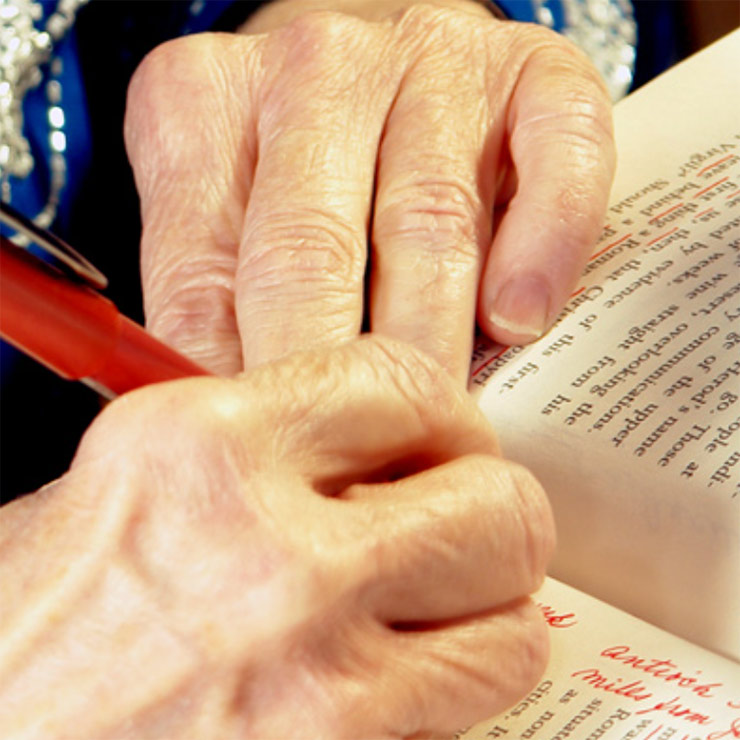“The only power that exists is inside ourselves.” Anne Rice, Interview With the Vampire
It is May 1976. At this point, Pol Pot is Prime Minister (and dictator) of Cambodia. A month later, the US Supreme Court will rule that the death penalty is not inherently cruel, and is a constitutionally allowed form of punishment. A 19-month civil war will end in Lebanon. Pro-Palestinian hijackers hold an Air France flight hostage and the ensuing response by Israel ends with one Israeli and several Ugandan soldiers dead. Books released that year include Alex Haley’s Roots, Gabriel Garcia Marquez’s The Autumn of the Patriarch, and the little gothic novel that could Interview With the Vampire, written by Anne Rice of New Orleans, Louisiana.
Interview With the Vampire starts with an embittered vampire, Louis de Pointe du Lac, telling his entire life’s journey to a reporter who is never named, known simply as “the boy”. Louis makes the acquaintance of Lestat, a vampire, who turns him and they become immortal companions. Both make morally reprehensible choices: Lestat drinks from their slaves and while Louis at first refuses, he bends under Lestat’s influence and starts to do the same. Louis redeems himself at points in the 200-some years of his life, while Lestat never does.
Rice, speaking 20 years later in an interview with ABC News said she was drawn to vampires as characters because she saw in them an allegorical tale of human behavior: “All of us make ruthless compromises in order to live, don’t you think?” A sentiment that perfectly encapsulates the decisions made in 1976 by people in power.

Reactions to the book were mostly negative: The New York Times said it was “wrapped in a ballooning, pompous language.” A review at The New Republic succinctly said “To pretend that it has any purpose beyond suckling eroticism is rank hypocrisy.” As is almost always in these cases, the public disagreed: the book became a bona fide favorite, making it to the top of the New York Times Best Sellers list. It changed the way vampires were written about, they were sexy and broody, an influence that is still alive today.
A huge chunk of her readership latched on the book because they felt seen. Anyone living a life beyond what was accepted in the 1970s, those struggling with estrangement and loneliness, questioning the decisions they had made in life saw in the character of Louis that same fight within themselves. A review at the Boston Globe wrote as much, that the vampires in her novels were “the walking alienated, those of us who, by choice or not, dwell on the fringe.”
In 1994, the book was turned into a movie. Starring Brad Pitt as Louis and Tom Cruise as Lestat, the movie was a hit, even if at first Rice was displeased at the choice of Cruise. After a prolonged campaign by her and her fans to get him replaced, she changed her mind after seeing the film, saying, “I like to believe Tom’s Lestat will be remembered the way [Lawrence] Olivier’s Hamlet is remembered. Others may play the role someday but no one will ever forget Tom’s version of it.” One other star-making turn in the film was Kirsten Dunst, out-acting her more experienced costars as the child vampire, Claudia.
Let’s talk about Claudia for a bit. In the book, Louis meets her, a five-year-old child (for obvious reasons, this had to be aged-up in the movie) dying of the plague. Louis drinks from her and starts thinking of leaving Lestat for a more peaceful, less violent life. Terrified, Lestat turns Claudia into a vampire, and gifts her to Louis as their “daughter”. Claudia eventually resents this life, a woman with a maturing mind stuck in the body of a child forever. But her life is prolonged, for years and years after the time she was meant to have died.
Rice (born Howard Allen O’Brien on October 4, 1941 and named after her father, she gave herself the name Anne at school) married her husband Stan in 1961 and by 1970, they had a four-year-old daughter named Michelle. Michelle was diagnosed with acute granulocytic leukemia and died of the illness two years later. Rice fell into depression and to cope, started to write. In 2014, she told the Independent what she began writing turned into the book she became known for. “I pitched myself into writing and made up a story about vampires,’ she said. “I didn’t know it at the time but it was all about my daughter, the loss of her, and the need to go on living when faith is shattered.” Like Shakespeare immortalizing his son Hamnet, who died of the plague, and putting him into the greatest play he ever wrote, Rice made sure we remember the daughter she lost by turning her into one of the most memorable child characters in literature.
On December 12, 2021, her son Christopher announced her death from complications after a stroke. “As my mother, her support for me was unconditional — she taught me to embrace my dreams, reject conformity and challenge the dark voices of fear and self-doubt. As a writer, she taught me to defy genre boundaries and surrender to my obsessive passions,” he said. Rice had a complicated relationship with the idea of religion, her beliefs have shifted over the years. But as Christopher said in his statement, “Let us take comfort in the shared hope that Anne is now experiencing firsthand the glorious answers to many great spiritual and cosmic questions, the quest for which defined her life and career.”





